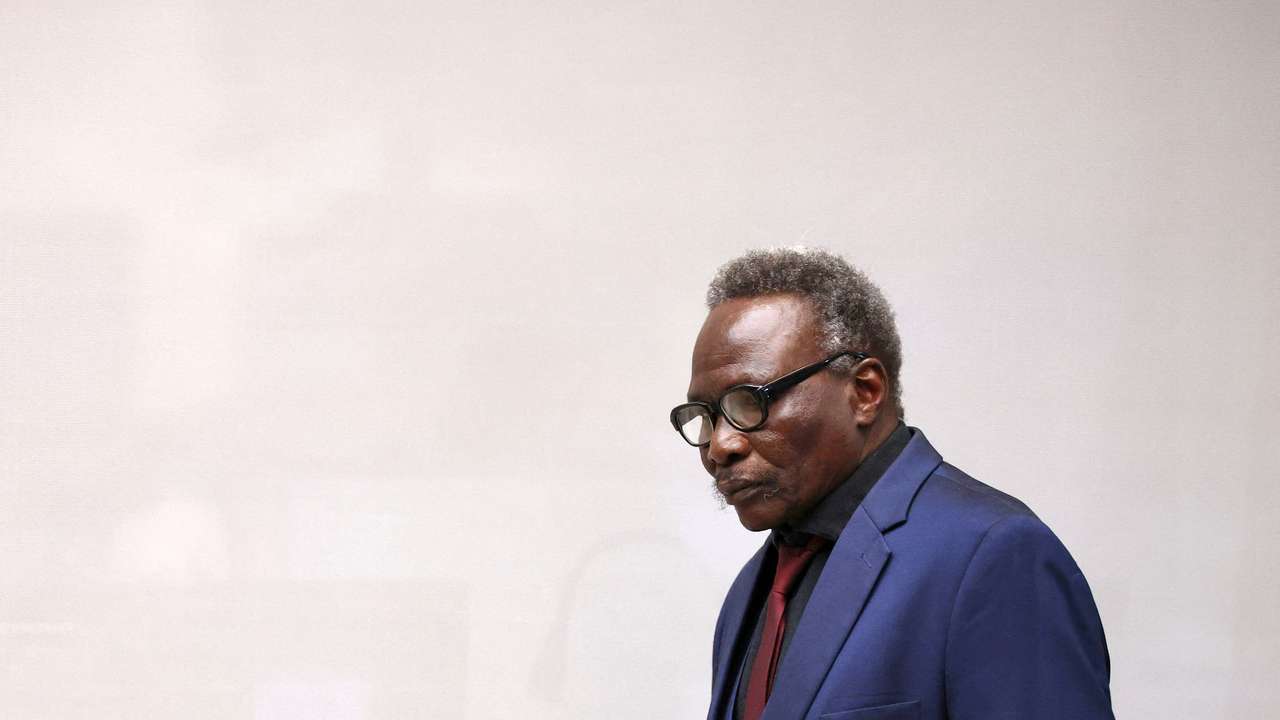Prosecutors seek life term for Darfur militia 'axe murderer'

By Stephanie van den Berg
Prosecutors sought a life sentence for a Janjaweed militia leader convicted of atrocities in Sudan's Darfur region, telling the International Criminal Court on Monday he was guilty of crimes from murder and torture to mass atrocities.
"You literally have an axe murderer before you," prosecutor Julian Nicholls told a special hearing called to determine a sentence for Ali Muhammad Ali Abd-Al-Rahman - also known as Ali Kushayb.
Nicholls said Kushayb, 76, had at one point used an axe to kill two people and described him as an enthusiastic, energetic and effective perpetrator of the abuses carried out in the Darfur region more than 20 years ago.
DEFENCE WANTS SEVEN-YEAR SENTENCE
His conviction in October on 27 counts of war crimes and crimes against humanity, including murder, torture and the orchestration of rape and other atrocities by the militia, is the court's first successful prosecution linked to the conflict.
Lawyers for the defendant - who had at one stage argued that he was not Kushayb and was the innocent victim of mistaken identity - are due to present their views on his sentencing later this week.
In court documents, the defence has called for a maximum of seven years in prison with credit for time served, which could see him freed in months.
Darfur's conflict first erupted in 2003 when mostly non-Arab rebels took up arms against Sudan's government, accusing it of marginalising the remote western territory.
Sudan's then government mobilised mostly Arab militias, known as the Janjaweed, to crush the revolt, unleashing a wave of violence that the U.S. and human rights groups said amounted to genocide.
In 2005, the United Nations Security Council referred the case to the ICC, a Hague-based court set up to try the worst crimes when local courts fail.
Fresh fighting erupted across Sudan in 2023 between Sudan's army and the paramilitary Rapid Support Forces (RSF), seen as successors to the Janjaweed.
Fighting, which has recently focused on Darfur and its city of al-Fashir, has unleashed waves of ethnically-driven killings, caused mass displacement.
This article was produced by Reuters news agency. It has not been edited by Global South World.